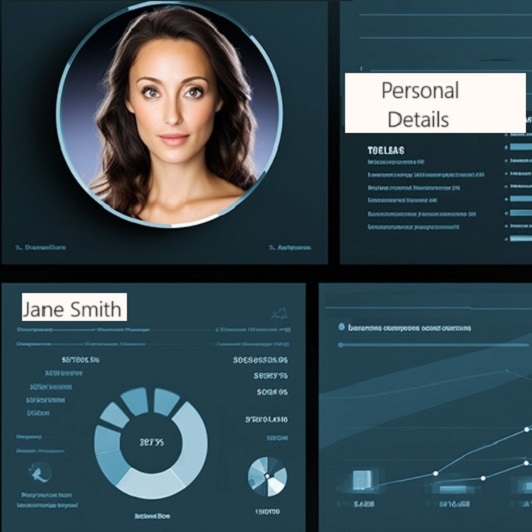It’s been reported that Glassdoor (the website that allows current employees to anonymously review their employer) posted users’ real names to their profiles without their consent.
What Is Glassdoor?
By allowing users to register anonymously, Glassdoor is a website that allows current and former employees to anonymously review their companies and management. Founded in 2007 in Mill Valley, California, the platform is used for obtaining insights into company cultures, salaries, and interview processes. Its aim is to foster workplace transparency, enabling job seekers to make better-informed decisions about their careers by learning from the experiences of others.
Reported
Unfortunately for Glassdoor, a user’s account (taken from her personal blog) of her recent negative experience with Glassdoor (following her contacting Glassdoor’s customer support ) has been widely reported in the press.
Added Name To Profile
Following the lady (reportedly named Monica) sending an email to Glassdoor’s customer support that showed her full name in the ‘From’ line, Monica alleges that she then discovered that Glassdoor had updated her profile by adding her real name and location (the name pulled from the email), without her consent.
Users Leaving Glassdoor
It’s been reported that the experience of Monica, identified as a Midwest-based software professional who joined Glassdoor 10 years ago, has now led to other members leaving the platform over fears they could also be ‘outed’. Not only could this be regarded as a breach of trust of the anonymity and privacy that users signed up with but could also have adverse employment consequences from employer retaliation.
Following reports of Monica’s experience in the media, it’s been reported that another user, identified as Josh Simmons, has also said Glassdoor added information about him to his personal profile, again without his consent.
Had To Delete Account
It’s been reported that although Glassdoor’s privacy policy states “If we have collected and processed your personal information with your consent, then you can withdraw your consent at any time,” Monica claims that she was not given this option, that Glassdoor stored her name, and that her only recommended option to remove her details was to delete her account altogether. Deleting also meant deleting her reviews.
Shared With Fishbowl
One of the complications of the case appears to be the fact that Glassdoor was integrated with Fishbowl (an app for work-related discussions), three years ago. This led to:
– Glassdoor now saying that it “may update your Profile with information we obtain from third parties. We may also use personal data you provide to us via your resume(s) or our other services.”
– Glassdoor staff reportedly consult publicly-available sources of information to verify information that is then used to update users’ Glassdoor accounts, in order to improve the accuracy of information for Fishbowl users.
– Glassdoor updating users’ profiles without notifying the user, e.g. if inaccuracies are found, because of its commitment to keeping Fishbowl’s information accurate.
What Does Glassdoor Say?
Glassdoor has issued a statement saying: “Glassdoor is committed to providing a platform for people to share their opinions and experiences about their jobs and companies, anonymously – without fear of intimidation or retaliation. User reviews on Glassdoor have always and will always be anonymous.”
What Does This Mean For Your Business?
A large part of the value of Glassdoor is the fact that users are willing to share their ‘honest’ views about their employers and managers. One of the key reasons they feel able to do so is the anonymity that they had during registration and the assumption that this would remain and that their privacy would be protected. However, if reports are to be believed, integration with and cross-pollination between Fishbowl and Glassdoor has led to policy changes and a new approach whereby a user’s details can be updated, allegedly without consent, and obtained from other sources thereby potentially meaning that users could be unmasked to employers.
The widely publicised stories of this allegedly happening appear likely to have damaged a key source of Glassdoor’s value – the trust that users have that their anonymity will be protected. This may explain why users are reportedly leaving the platform. This story illustrates how important matters of data protection are to businesses and individuals, particularly around privacy and consent, plus how risks can increase for users if aspects of data protection are damaged and changed.
The consequences of putting users in what could be described as a difficult and risky position could potentially be severe and/or long-lasting damage for Glassdoor’s business and reputation.

